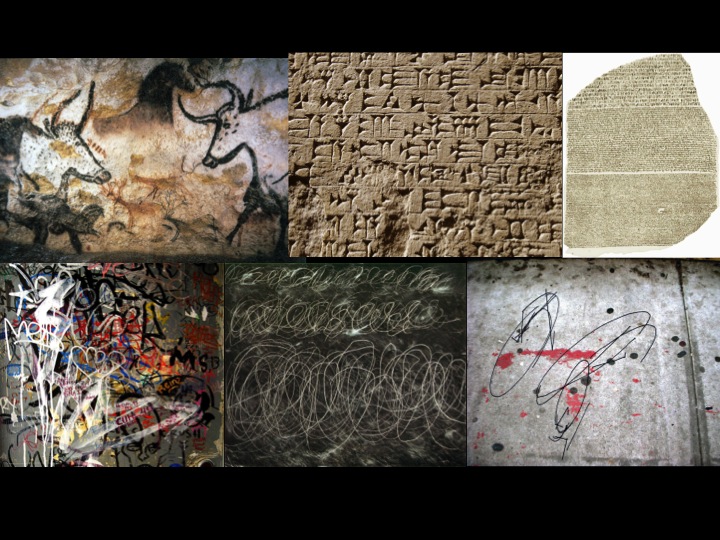Next weekend I’ll be participating in a symposium honoring architect Lebbeus Woods, who passed away on the night of Hurricane Sandy in 2012. “Lebbeus Woods: A Celebration,” which takes places at the Cooper Union, begins Friday April 25 at 6:30 pm, and continues through 5pm on Saturday April 26.
I’m on the “Politics” panel on Saturday afternoon, with Carin Kuoni, Sanford Kwinter, and Neil Spiller; David Gersten’s moderating. We’ve been asked to prepare our five- to seven-minute remarks in advance. I finished my presentation yesterday, so I figured I’d share it here:
LEBBEUS WOODS: THE POLITICS OF SMALL THINGS
I met Lebbeus several years ago through his gracious and brilliant wife Aleksandra, my colleague at The New School. I remember being nervous about meeting this giant of a man – “giant” in many senses of the word – but was ultimately reassured by his gentle handshake, the mollifying texture of his voice, and his genuine interest in what interested me – little old me.
A year or so later, in 2009, I served as a guest critic for a studio that he and Christoph Kumpusch were offering as part of Cornell’s intensive summer program. The “Common Ground” studio directed its students’ attention to the “surface of streets, sidewalks, parks, plazas and other (even informal) public spaces, comprising the ground-plane we share with others we do not personally know” – a plane “inscribed with evidence of people’s movement, activities, and intentions, but also the accidental events, the unintentional and the unpredicted.” The studio was premised on the assumption that we can potentially learn more about urban life from those cracks we step over, that noise we listen through, those smudges we look past, than from official plans and policies.
In his introductory lecture Lebbeus examined the longue durée of mark-making – from cave paintings and cuneiform through the spiritualists’ fascination with automatic writing, Dada’s exquisite corpse, and Cy Twombly’s seemingly improvised scripts, and ending where the studio would begin: with the palimpsests of intentional and accidental markings on our urban facades and sidewalks. Over the course of two weeks, Lebbeus and Christoph urged their students to read, rather than read past, the small and the quotidian. They collaboratively developed a politics of small things.
